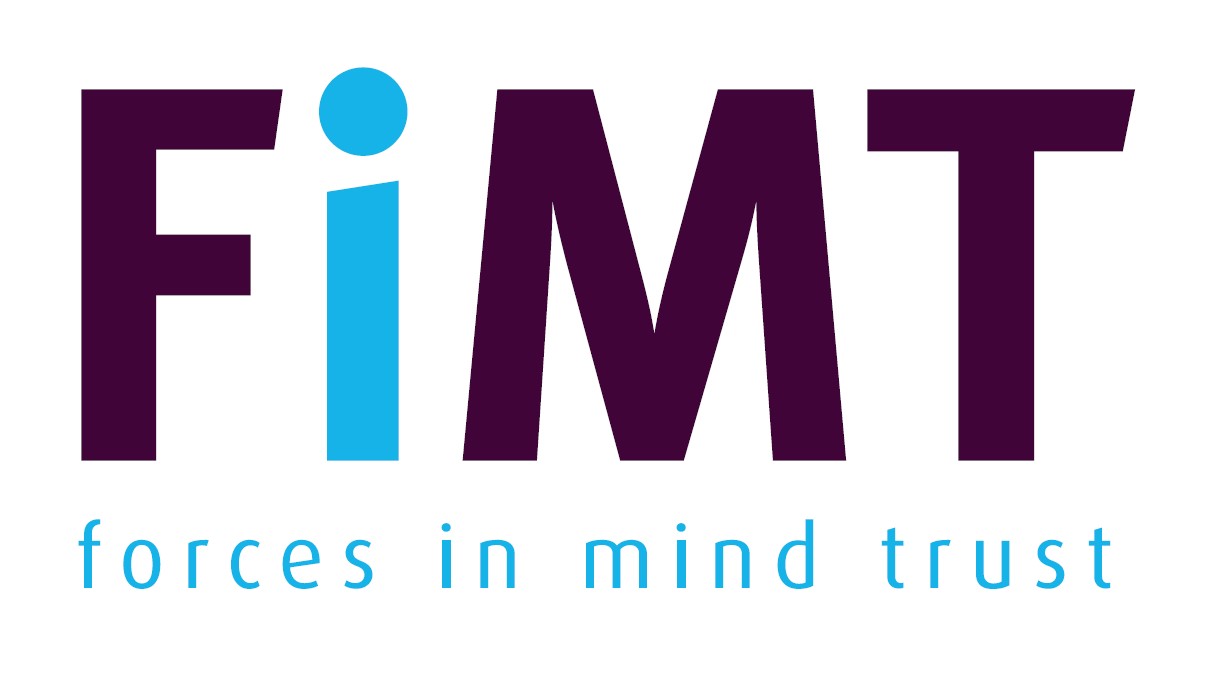Forces in Mind Trust (FiMT) has awarded £306,956 to Queen’s University Belfast (QUB) to conduct a study examining the psychosocial determinants of psychological health and wellbeing for ex-Service families. The project was commissioned by FiMT and benefits from a UK-wide partnership of research institutions including King’s College London, Anglia Ruskin University, Combat Stress, Cardiff University and Glasgow Caledonian University.
The project will identify the psychological health and wellbeing needs of families of ex-Service personnel across each of the four UK nations. Through a survey, in-depth interviews and focus groups with families, the research will examine the drivers that support psychological wellbeing as well as the challenges that come with having a member of the family in the Armed Forces. The research will also identify the likely future needs of ex-Service families.
The two-year long project was commissioned and awarded under FiMT’s Health Programme. As a result of COVID-19, the start date has been delayed until September 2020.
FiMT are committed to supporting the Armed Forces community throughout and beyond COVID-19 and this includes the continuation of funding to much needed projects such as this grant. The latest FiMT COVID-19 response can be found here.
Ray Lock, Chief Executive of FiMT, says:
“The importance of families is widely recognised in the Armed Forces and the extent to which a family is able to support a Service leaver during their time in service, and their subsequent exit, is a strong indicator of a successful transition. While most Service leavers and their families make a successful transition from the Armed Forces to civilian life, there is a minority who struggle, and the impact of service on the psychological health and wellbeing of families is an under-researched area. This study will provide us with an important evidence base on the needs of families and offer much-needed recommendations on how best to support them.”
Chérie Armour, Project lead at the Stress Trauma and Related Conditions (STARC) research lab at Queen’s University Belfast, says:
“We are delighted to receive this award and take forward this important piece of research. Families are key to the health and wellbeing of our military veteran populations as they provide that first line of support. We understand that being a family member of a veteran can at times come with challenges. Families may have experienced a number of geographical re-locations during a military career, have had worry and upset during times of the Service person’s deployment, and they may have experienced some economic, social, and psychological challenges because of transition from military to civilian life. What we need is a robust and detailed understanding of what that means for the family and their own personal health and wellbeing. This award allows us to investigate exactly that and to provide a solid evidence base which family support providers can call upon when designing support services.”
Professor Nicola Fear, from the King’s Centre for Military Health Research (KCMHR) at King’s College London says:
“KCMHR is excited to be involved in this upcoming project. With much of the research to date focusing on families during Service, the findings from this study will provide evidence to understand how families of ex-serving personnel manage after leaving the military community and the influences on their health and wellbeing.”
Policy Statement on Health
FiMT will launch their Policy Statement on Health on Wednesday 6 May. Available to read and download here from Wednesday 6 May: https://fim-trust.org/news/health-policy-statement/
About the Forces in Mind Trust (FiMT):
FiMT came about from a partnership between the Big Lottery Fund (‘the Fund’), Cobseo (The Confederation of Service Charities) and other charities and organisations. FiMT continues the Fund’s long-standing legacy of support for veterans across the UK with an endowment of £35 million awarded in 2012. http://www.biglotteryfund.org.uk/.
The mission of FiMT is to enable ex-Service personnel and their families make a successful and sustainable transition to civilian life, and it delivers this mission by generating an evidence base that influences and underpins policy making and service delivery.
FiMT awards grants (for both responsive and commissioned work) to support its change model around 6 outcomes in the following areas: Housing; Employment; Health and wellbeing; Finance; Criminal Justice System; and Relationships. All work is published in open access and hosted on the Forces in Mind Trust Research Centre’s Veterans and Families Research Hub. A high standard of reportage is demanded of all grant holders so as to provide a credible evidence base from which better informed decisions can be made.
Useful links
Website: www.fim-trust.org
Reports: www.fim-trust.org/reports/
Who we have helped: www.fim-trust.org/who-we-have-helped/
Twitter: @FiMTrust
About the Mental Health Research Programme: www.fim-trust.org/mental-health/research-programme/

















